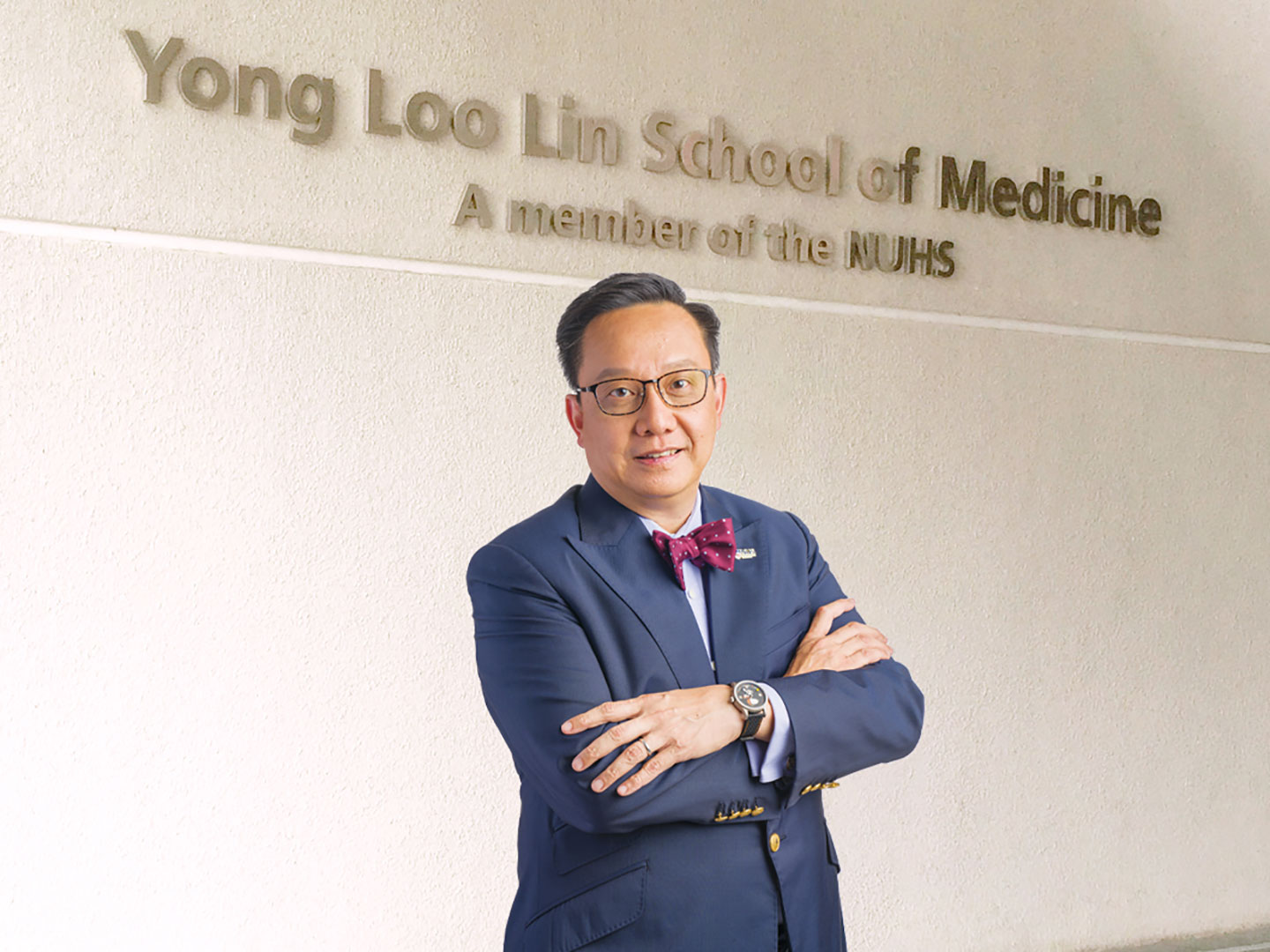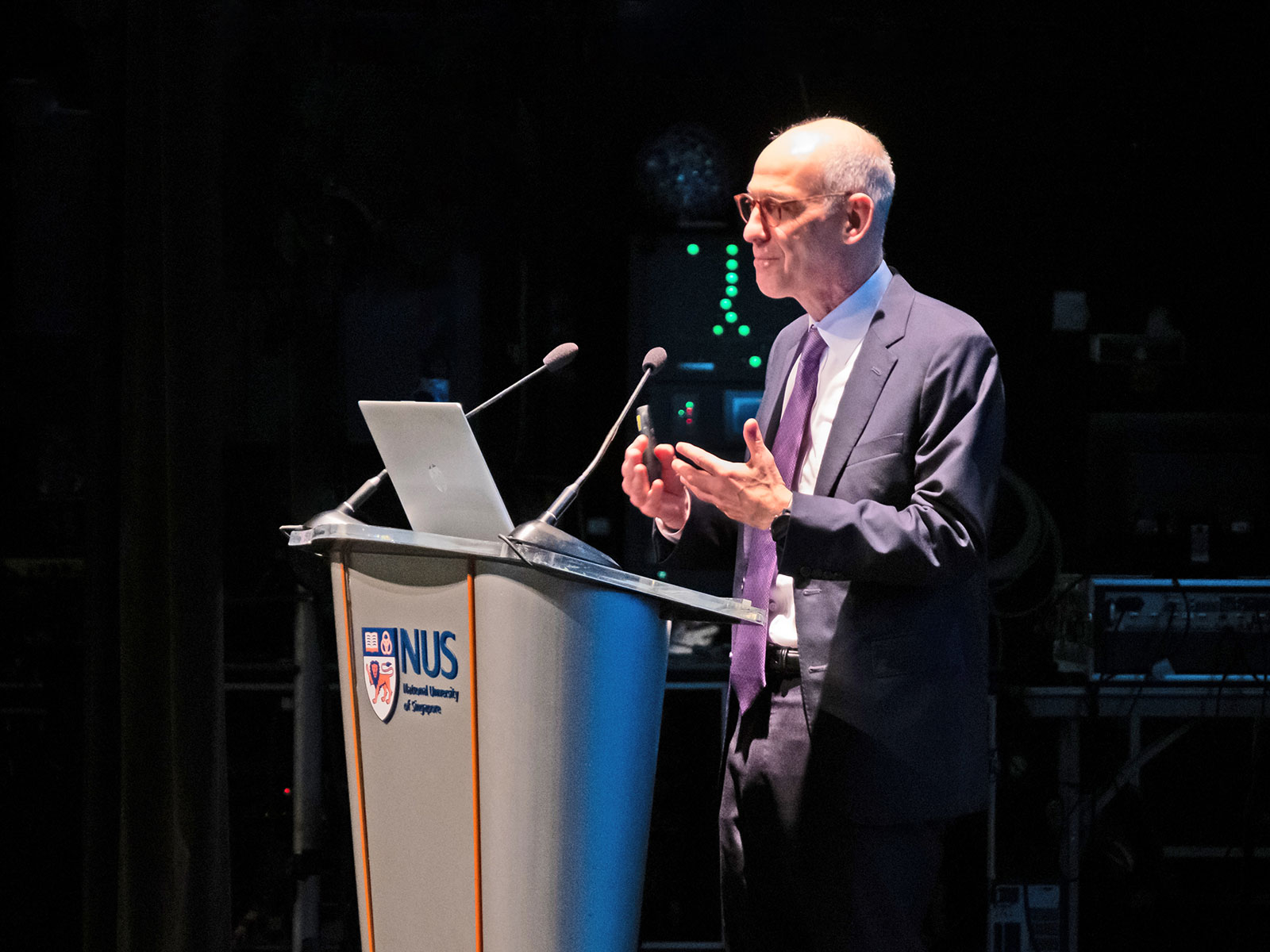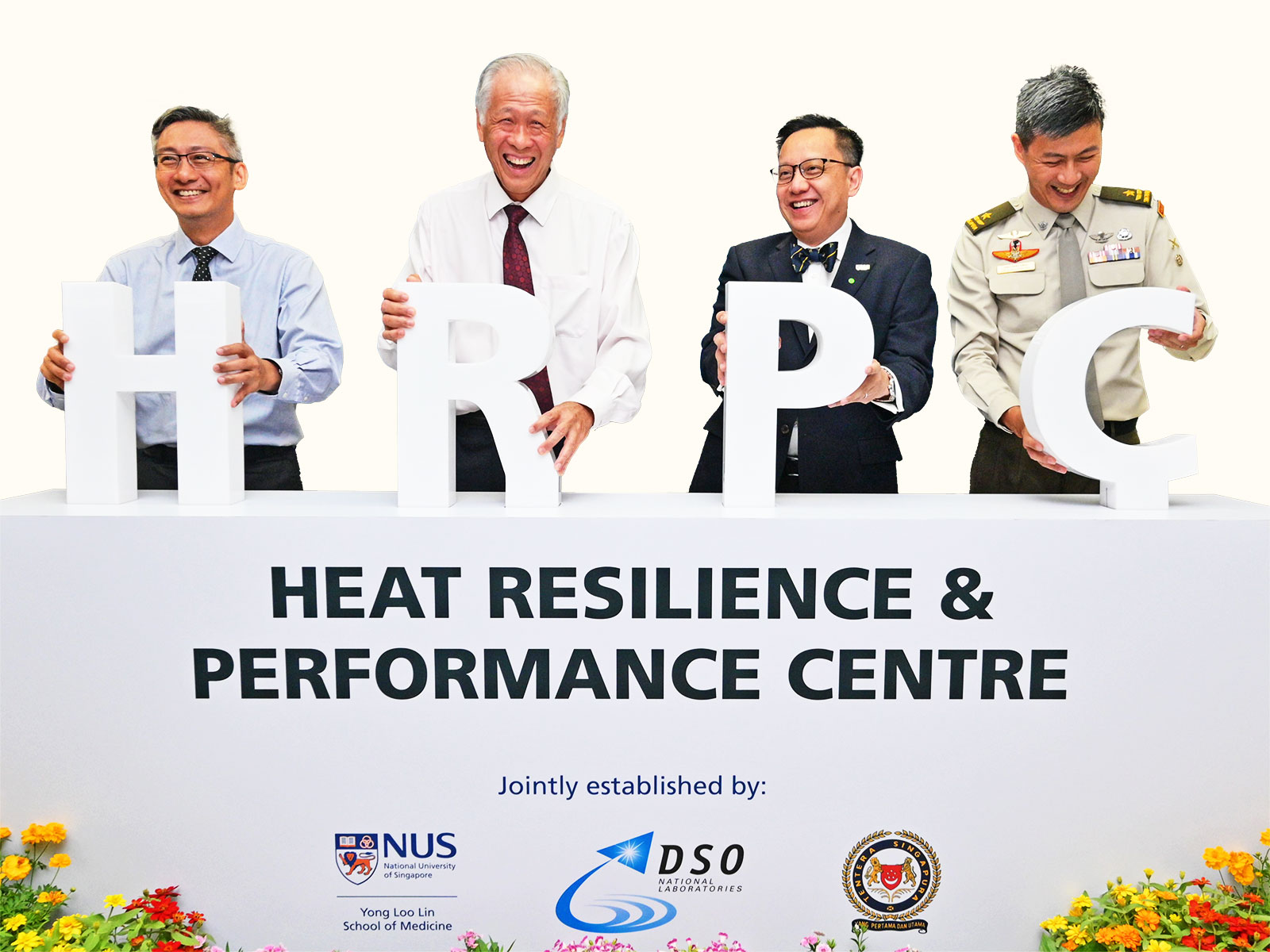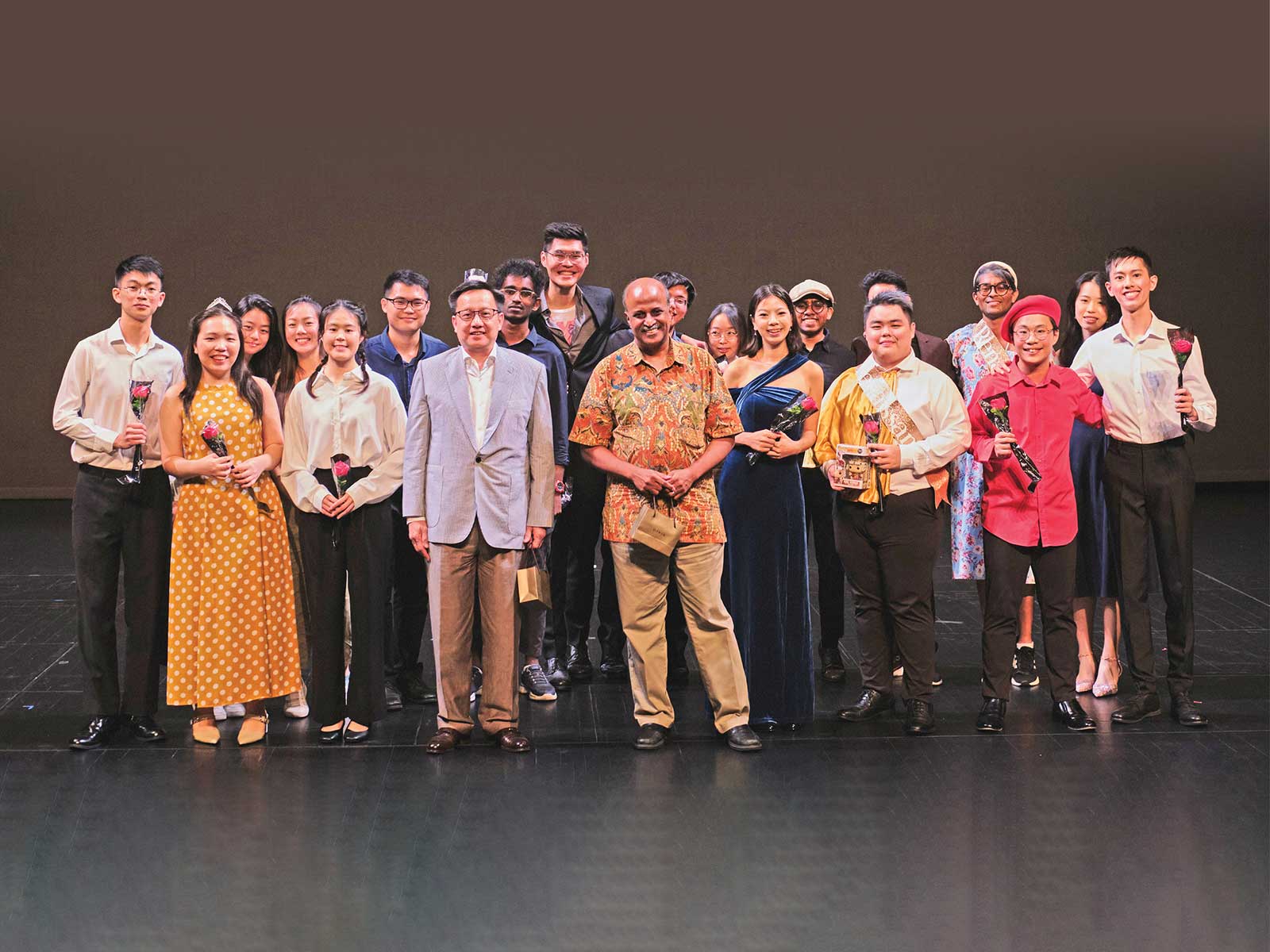
Dean’s Message
May 2023
DEAN’S MESSAGE

Recently, the food world was abuzz with news that one of the most celebrated restaurants in the world would shut its doors for good in 2024. In its place, the chef-owner of Noma said he would start a new enterprise thereafter dedicated to food innovation.
Closing a culinary icon at the pinnacle of international fame and starting a food lab in its place would seem an ill-advised and thoroughly illogical move. The new enterprise, the restaurant announced, would pioneer a test kitchen dedicated to the work of food innovation and the development of new flavours.
Conventional wisdom holds that “If it ain’t broke, don’t fix it.” We know, however, that continuous improvement is essential if companies and organisations want to be relevant, meaningful and sustainable. This requires constantly re-examining and even repurposing the work that is being done, perhaps even re-inventing and discarding aspects of it to come up with something far better.
It is very much the case in medical education and biomedical research. Our students are able to benefit from refinements and enhancements to the curriculum, and the ways in which knowledge and skills are taught. As this issue goes to print, about 600 final year Medicine and Nursing students are preparing for their final exams before taking their first steps as healthcare professionals. They will soon be putting years of arduous study into practice in wards and clinics, tracing the paths taken by earlier generations of graduates.
Continuous improvement: the quest for a better way is a never-ending one here at NUS Medicine.”
This never-ending search for a better way similarly inspires our academic staff. For example, Professor Theo Kofidis from the Department of Surgery doggedly worked for years to develop a set of new surgical techniques for mitral heart valve surgery. Prof Kofidis who is also Group Chief of Cardiothoracic Surgery at the National University Health System says, these procedures improve on existing techniques that were promulgated nearly 40 years ago and help make mitral valve surgery intuitive, simple and standardised, eliminating variability and render it very easy to repair mitral valves with good outcomes. He has used the techniques on 10 patients thus far, with consistently excellent results.
Another exciting piece of research work: a multi-institution team by Dr Evelyn Law from the Department of Paediatrics has found that excessive screen time during infancy is linked to detrimental outcomes in cognitive functions, which continue to be apparent after eight years of age. The study provides compelling evidence to existing studies that our children’s screen time needs to be closely monitored, particularly during early brain development, she says.
The team analysed data from a group of children at 12 months, 18 months and nine years. As the duration of screen time increased, the greater the altered brain activity and more cognitive deficits were measured. Children with executive function deficits often have difficulty controlling impulses or emotions, sustaining attention, following through multi-step instructions, and persisting in a hard task.
The team is also concerned that families which allow very young children to have hours of unmonitored screen time often face additional challenges. These include stressors such as food or housing insecurity, and parental mood problems. They believe more work needs to be done to understand the reasons behind excessive screen time in young children, and to distinguish the direct association of infant screen use versus family factors that predispose early screen use on executive function impairments.
Continuous improvement: the quest for a better way is a never-ending one here at NUS Medicine.




